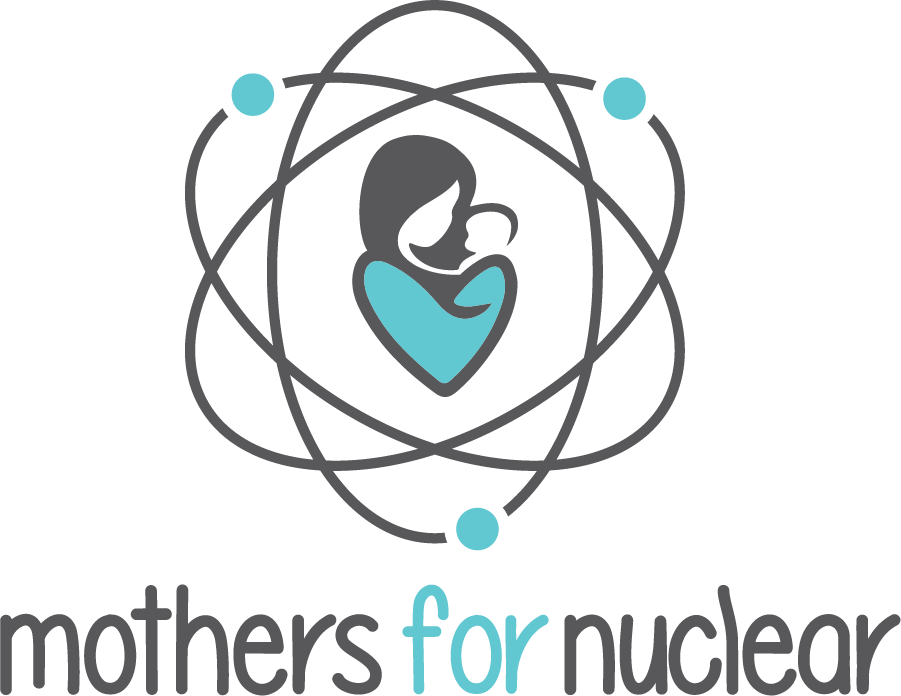Reuters - Pro-nuclear campaign helps keep the lights on
You can read the full article HERE.
Co-founder Hoff has worked for PG&E for almost 19 years in Diablo Canyon’s control room and initially began her employment at the plant with a plan to “expose anything nefarious happening at the plant.”
“I asked a lot of questions for many years. After detailed investigation, I found that lots of things about nuclear sounded scary but actually had no impact or were not a big deal. Nuclear became the obvious right answer for clean energy production and aligned with what I wanted. I became impressed and proud to work there,” says Hoff.
PG&E are “quietly tolerant” of Hoff’s activism which has included a march to the state capitol Sacramento to testify before the State Lands Commission on why the plant should stay open, local protests and a social media presence.
Finding the support
Nuclear power operators have been slow to back these grassroots nuclear advocates, and to some extent, this has helped lend the activists some third-party credibility.
However, it also means there are little to no resources for organizing and canvasing.
“For Diablo Canyon we saw that a company that owned the plant was not being its biggest champion and we were seeing not only a lack of communication but mainly just silence. Of course, that comes from the 80s antinuclear movement. They thought it was best if they remained silent, and nobody would notice them or come for them,” says Global Director of Stand Up for Nuclear Paris Ortiz-Wines.
Shellenberger’s Environmental Progress was one of the founding members of Stand up for Nuclear which became independent in 2020 and now is a Mothers for Nuclear project which acts as their fiscal sponsor.
The group operates through Patreon donations and is self-funded through volunteers.
Ortiz-Wine says she’d like support from the leading nuclear power companies but admits that they also are learning how to discuss their own technologies in a way that doesn’t scare the general public.
“They hire these expensive communications teams to come in and to brand nuclear and sometimes it just doesn’t work and sometimes it does more harm than good,” she says of industry efforts to sell themselves.
“The industry should actively listen to those on the ground by speaking to individuals and going to conferences, trying to get into different spaces, see how we’ve done it and learn from us, and then take that into their own culture and disperse it and make it their own,” she says.

